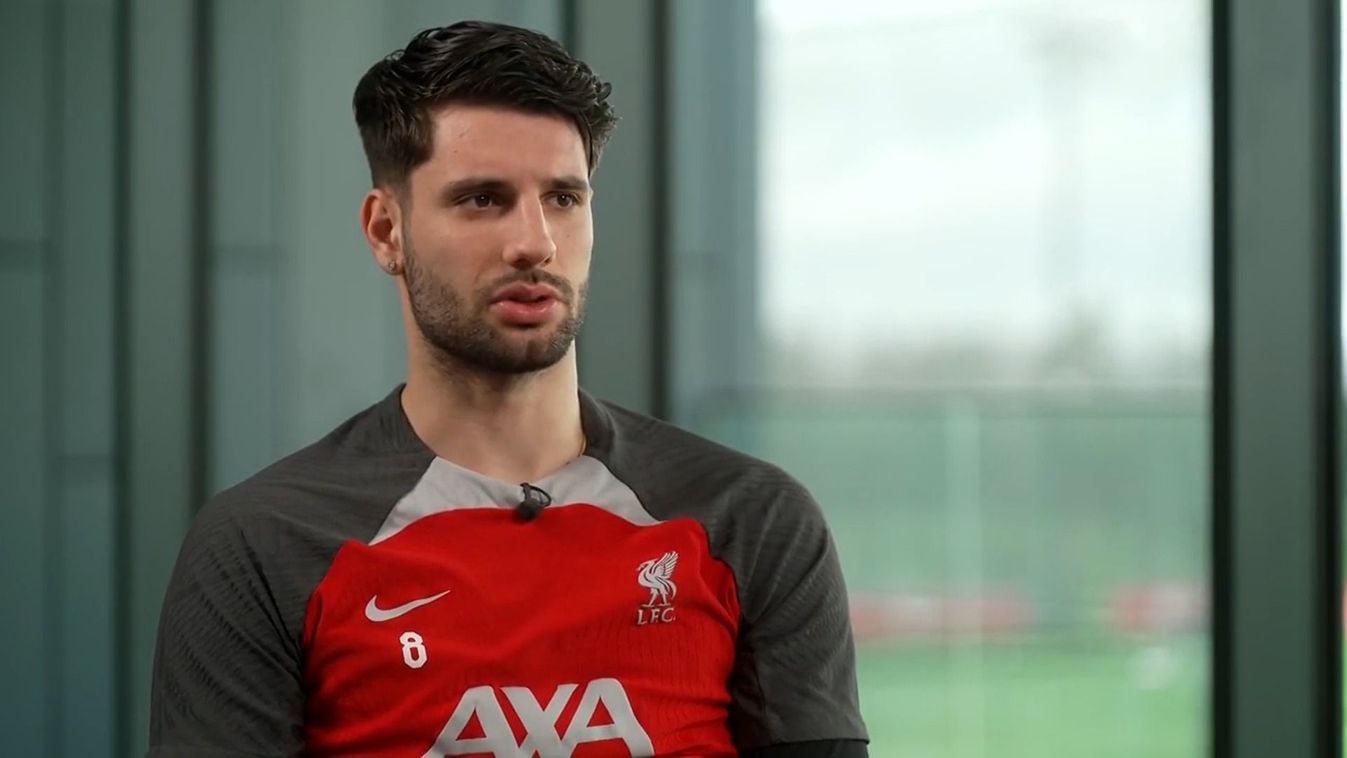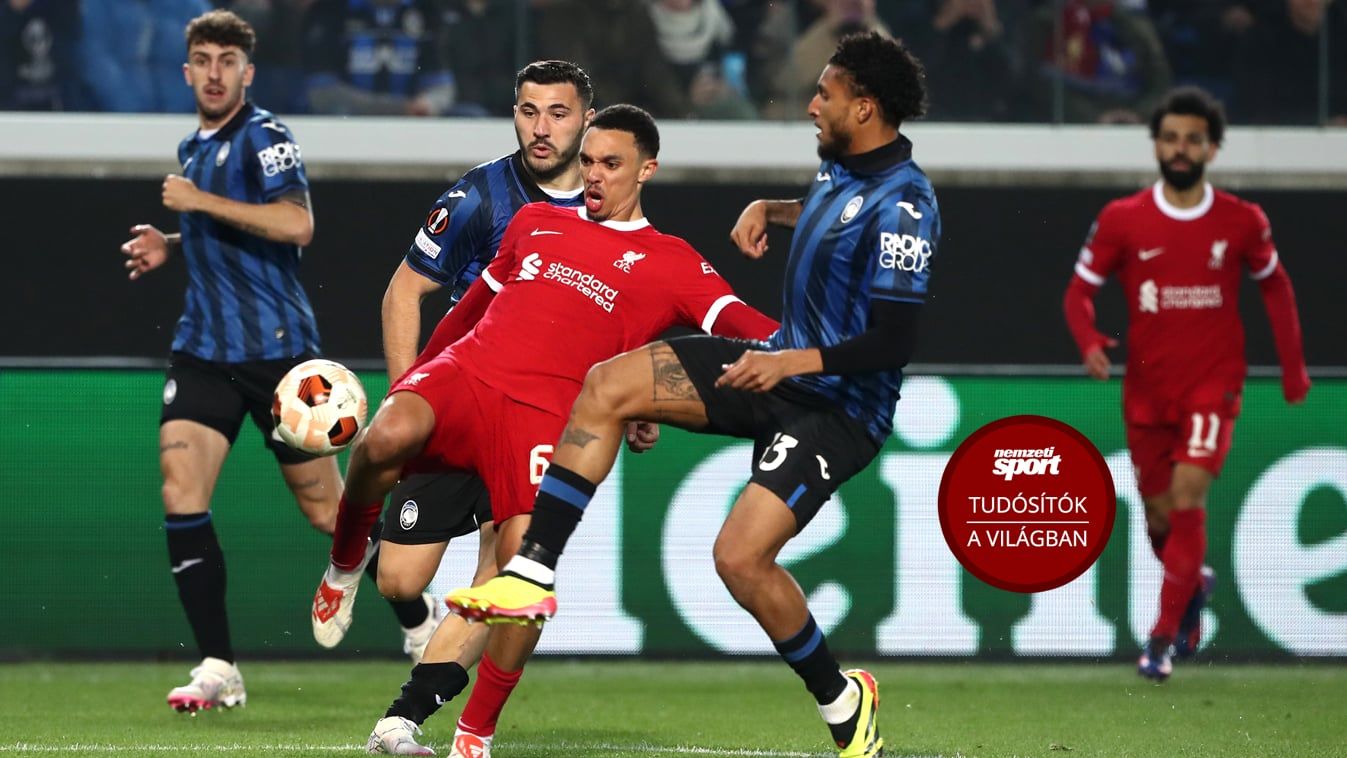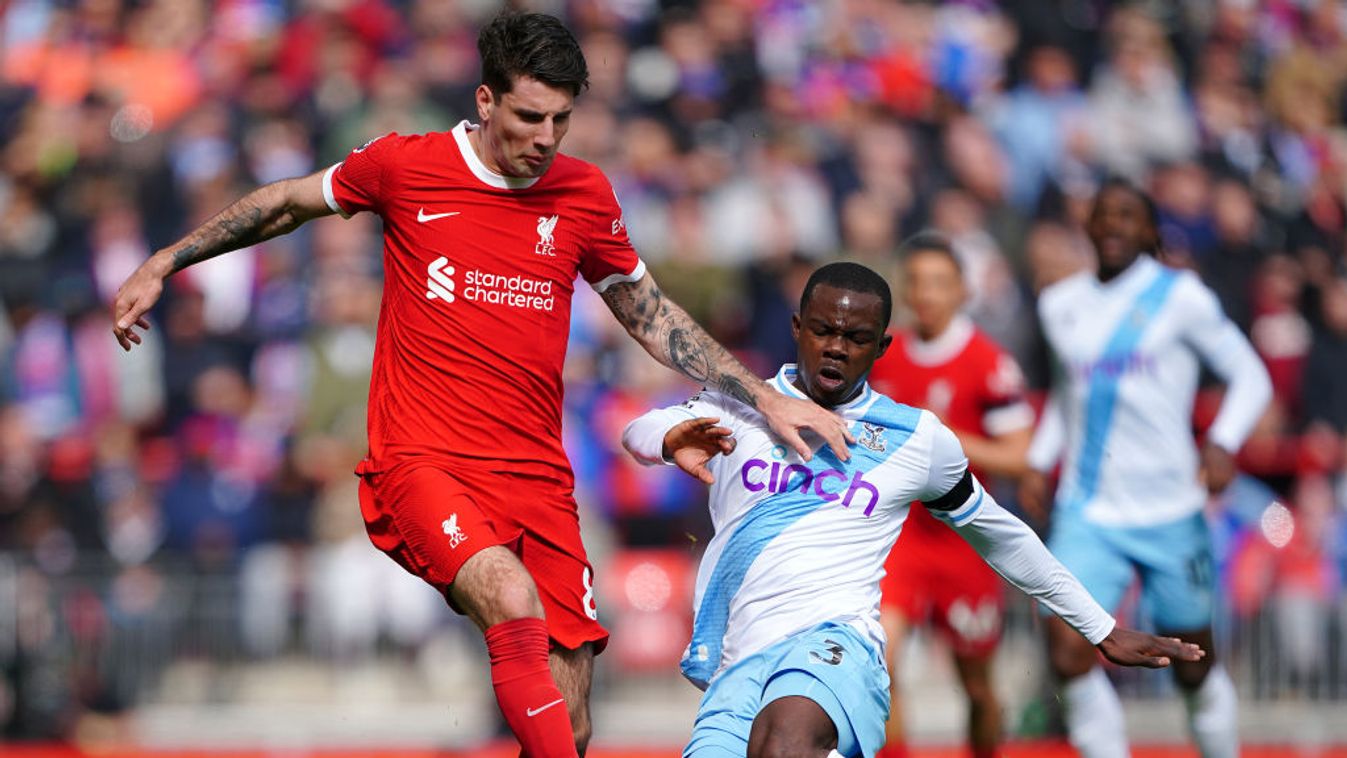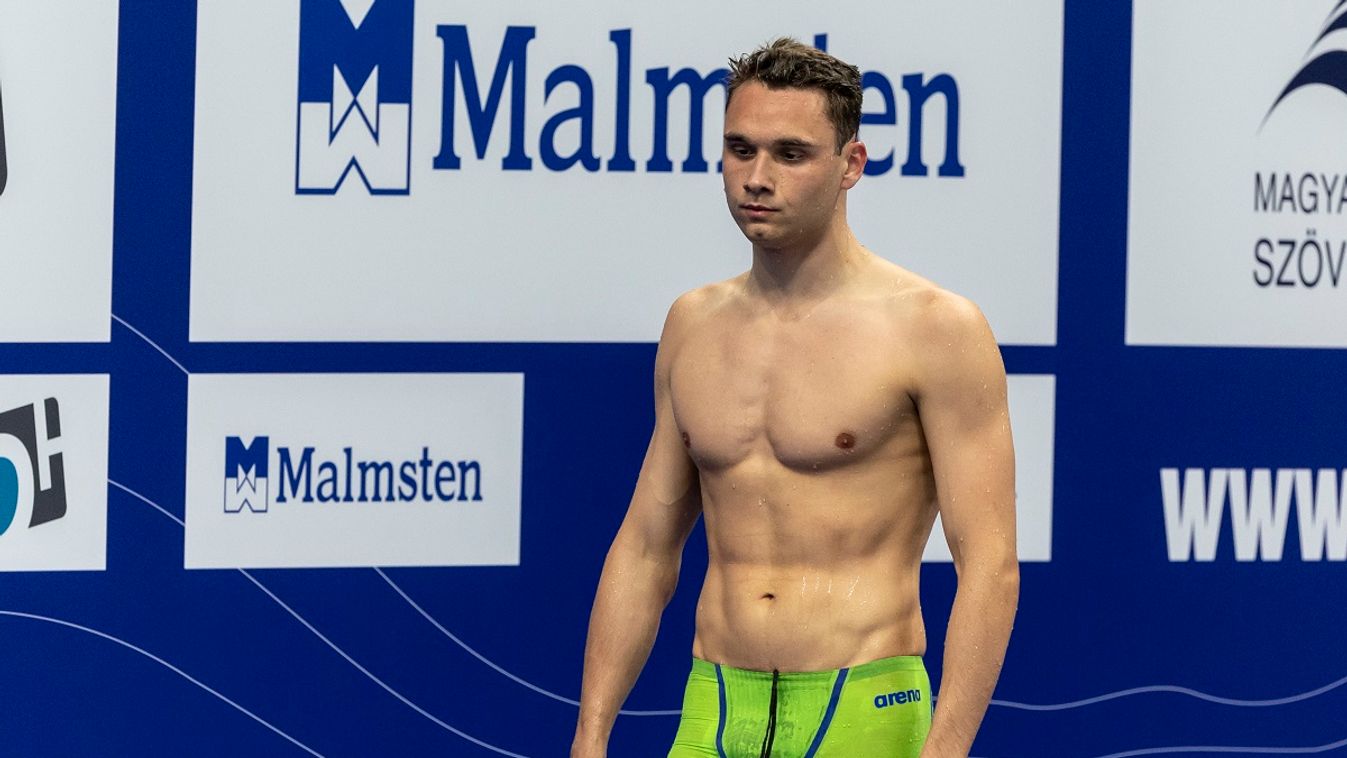Into the unknown as a teenager? Only if you're bold and cool enough
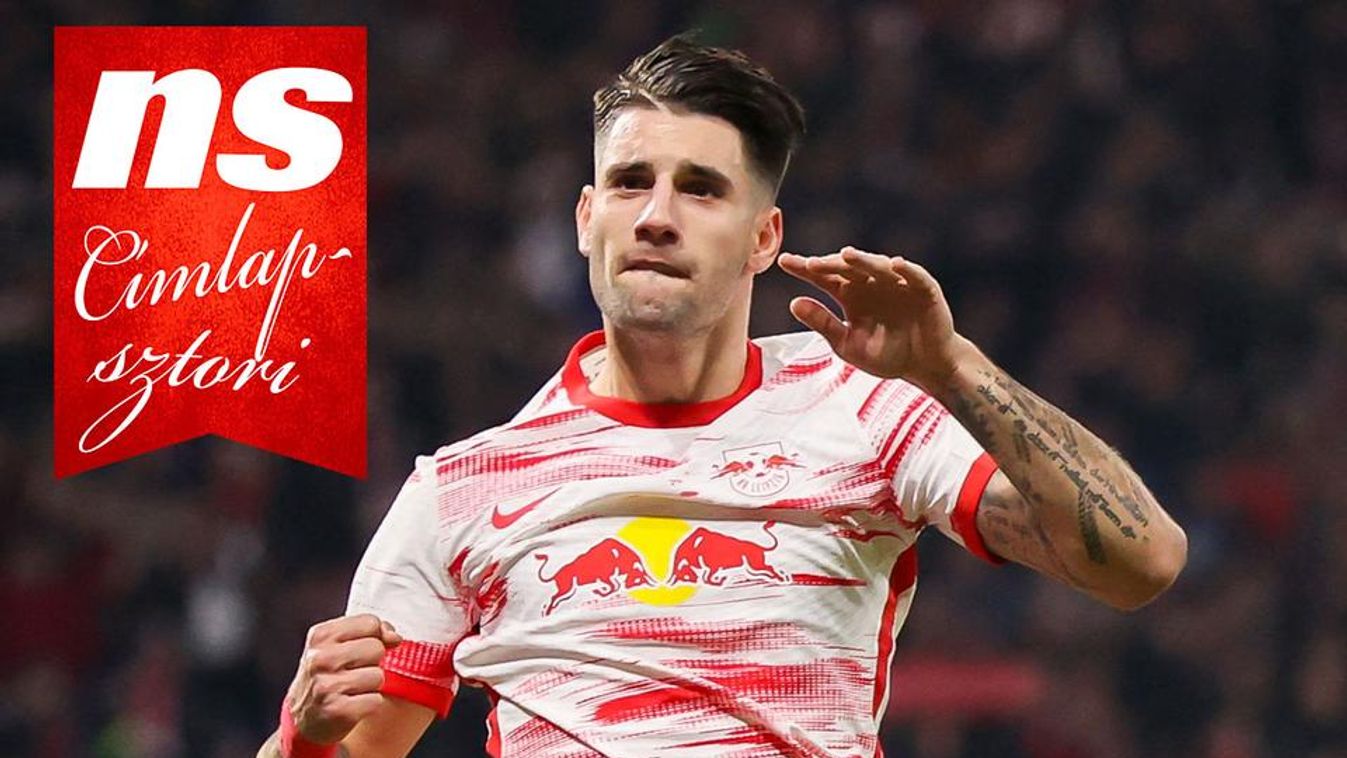
It is a big dilemma. As a teenager, either you go into the unknown or go down the path that many people have gone down, therefore, there won't be surprises, and the result is almost foreseeable.
In recent years and decades, young athletes have been able to sign abroad much more easily than before. The transfer begins in the youth teams already, and one who is bold and cool will bravely try him or herself out in a foreign environment... of course, not out of passion, but to expect professional, financial, or even personal advantages.
The borders have been open for a long time, and the concept of free movement of labor also applies in sport. Why should children and young people be left out of the good? In team sports, dozens of managers and player observers look at the greatest talents and try to get them to themselves as soon as possible because they see potential in them. They are the unpolished diamonds, from which one day they can become a shining gem.
A PSYCHOLOGICAL BARRIER
However, not everyone becomes a real treasure, but clubs and associations account for this as collateral damage. It is natural that there are drop-outs and non-profitable investments in sport. This can be due to an injury or the unfortunate development of circumstances. Also, for example, a mental or psychological barrier is caused by someone being ripped out of their own environment too early, and is unable to show what one is capable of in a foreign country and culture. By the time they find their way back to their homeland, their narrower patriarchy, they have wasted endlessly precious months and years, which could be an irreparable disadvantage to their career.
Of course, before a young person goes abroad even as a high school student, managers and host sport organizations examine their personality traits and qualities. Most teenagers are mature enough, and the motivation is so strong that even when they arrive in a new environment, they overcome difficulties and push ahead for their goals.
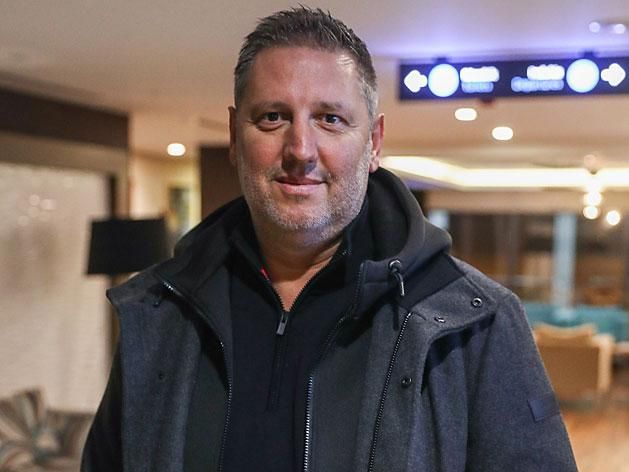
BEING BOLD IS GOOD
An eclectic example of this is Dominik Szoboszlai (still only 21 years old), who went to Salzburg at the age of 15. Although the first year he spent in Austria was a kind of “getting to know each other” period, according to the rules, the Austrian super club could not officially sign with him. So, he could only train there, and he played the league matches in the first six months in MTK, he then transferred back to his youth team, Főnix-Gold FC before finally becoming a Red Bull player. In a portrait published in the FourFourTwo magazine, Dominik said he was a little afraid of traveling because he had barely spoken English let alone German.
The actions spoke for him, but the youngsters who had been playing football there for a long time were not joyous at the poor Hungarian's debut training. For example, the Salzburg team captain wriggled him so vehemently during a duel against each other that he ripped the distinctive jersey off him and threw it at him with a sarcastic smile on his face as a demonstration of strength. The Hungarian talent was not restless either. At the next collision he raised his arm so that the punch wouldn't hurt himself, but the team captain did not smile so much when his chin was torn. The head of the professional staff noted that Dominik was not the scared kind.
"Dominik knew from a very young age that there would come a time when he had to move far from his family. We were constantly telling him this, so he was not at all surprised that he would live alone in Salzburg,” his father, Zsolt Szoboszlai, told FFT. "I am not saying that he has not had any difficult moments or homesickness in recent years. When he had a minor injury, he told me a few times that it would be nice to be home. I've always given him and my other players an alternative, and it wasn't different at the time either, so I said fine, you can come home and then we'll try to make something of you at home. Of course, he didn't come home, he stuck to his original goal."
The result speaks for itself. Dominik learned adult football in Liefering, the second division branch of Red Bull Salzburg, and then made his debut for both the "big team" and the Hungarian national team. He is now also a valuable member of RB Leipzig that is a regular participant at the Champions League. He speaks excellent German and English, he is not frightened of the biggest stars, he is perfectly adapted to the environment he got into as a child.
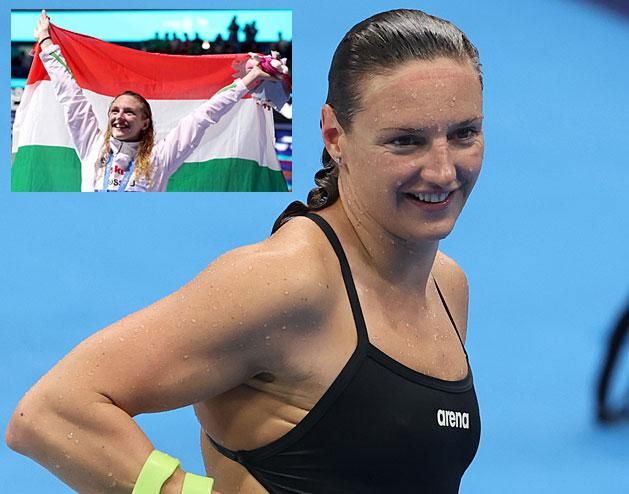
IT ALSO HAD AN ADVANTAGE
But it's not just in team sports that someone doesn't want to thrive in their home country. Many of our swimmers (also) work hard in junior competitions and trainings to swim a time that will help them get into a U.S. college and obtain a valuable degree in addition to high-level sports. Hungary's three-time Olympic champion, Katinka Hosszú, has been to the United States, but her career partially shook there. The Hungarian swimming phenomenon went overseas after the 2008 Beijing Olympics, and at first, and some impulses resulted in her winning a gold medal at the 2009 World Championships in Rome. One of the world's most famous coaches, Dave Salo, worked with her, but after a while, the working relationship changed: before the 2012 London Olympics, the trainer cared almost only about his American competitors. Katinka Hosszú was almost without a trainer, and she finished only fourth in the 400 medley in the English capital. So, she quickly returned home, but she owes so much to the American adventure that she was accompanied by her future husband, Shane Tusup, who became her coach and shared their greatest successes.
The situation is therefore not at all clear when families and teenage athletes are wondering whether it is worth trying their luck abroad even before finishing high school. It seems worth looking very carefully at it, mapping the location, the future teammates, the living conditions, getting to know the members of the professional staff. And even when everything is done, there is no guarantee of complete psychological comfort, because homesickness can set up previously unknown barriers.
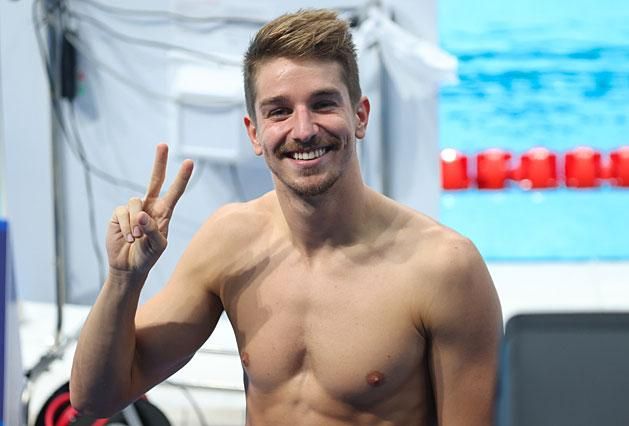
| Ágnes Kovács and Attila Czene embarked on the American adventure towards the end of their careers. However, for some time now, along with swimming, swimmers have been willing to study overseas in the early years of their career as the condition of the scholarship is helping the respective American university swimming team rank better in the ranking of higher education institutions. This means a difficult and prestigious fight in the United States, and the university swimming championships are often a mini-world championship. In these competitions, we "got back" Katinka Hosszú, but we could also write that Katinka Hosszú became that swimmer who collected the gold medals for years – at the Olympics, World and European Championships. In addition to the positive outlook on life she learned overseas, she needed a coach for the huge development. Dave Salo was the one who "breathed life" into Hosszú... because American university swimming is not only characterized by the fact that there are legends in the water but there are also quite a few of them along the edge. Our World Championship bronze medalist swimmer, Richárd Bohus, for example, was instructed from the edge of the pool by swimming phenomenon Michael Phelps' master, Bob Bowman, for quite some time. The example of the two confirms that it is possible to play outside and then continue the sport at a high level, but there are many for whom swimming is actually only a means to win an American scholarship, for which the right to compete in a world competition often provides an excellent letter of recommendation.E. K. |
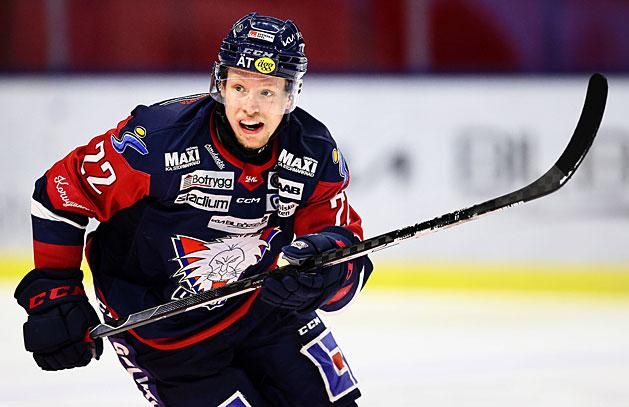
| Since ice hockey is a unique sport in most places, and even with the increase in popularity in recent years, there is still little immersion in Hungary. Those who have the opportunity should definitely try their luck abroad. Yes, even when they are young, teenagers. (According to the anecdote, a recent foreign player from northern Europe – whom we deliberately don't name – said that when he went to Scandinavia as a teenager, he was practically "re-taught how to skate.") The best examples of this are today's best Hungarian players – members of the "Northern Facility:” Vilmos Galló, Balázs Sebók, István Bartalis and János Hári (but we can also include our NHL-drafted veteran János Vas from earlier), just to name the most important ones. Currently, Galló is our highest-ranked ice hockey player who produces points in Linköping in the Swedish Super League (SHL). He went to Sweden at the age of 13 and climbed the junior ladder to make his SHL debut at just 19 years old and play there (with two years of top-flight detours in Finland). A similar career path followed Balázs Sebók at his former club, KalPa, in Kuopio, Finland with whom he won a Liiga silver. He has been in Finland since the age of 14 and is currently strengthening Ilves Tampere. It is also safe to mention the two legends who have since returned to Fehérvár: István Bartalis and János Hári. The former played for the Swedes for eight years from the age of 16, and the history of the latter is unique at the Hungarian level. He was noticed at the age of 10, and he was taken to Sweden very early, at the age of 12, and his family made significant sacrifices for his career to support their son by moving north to live there (his younger brother Norbert, who is currently playing hockey at DEAC, was also with them). At one time there was also the danger that the Háris could be Swedish national team members, but fortunately, after exciting, unexpected twists, life made a different turn... And ever since the world opened up, not only Northern Europe but also the sport's homeland, North America, can be an exciting stop for hopeful young Hungarian hockey players. Overseas, it is possible to get into high-quality junior leagues, and the university system is also an excellent opportunity for young talents.G. K. |
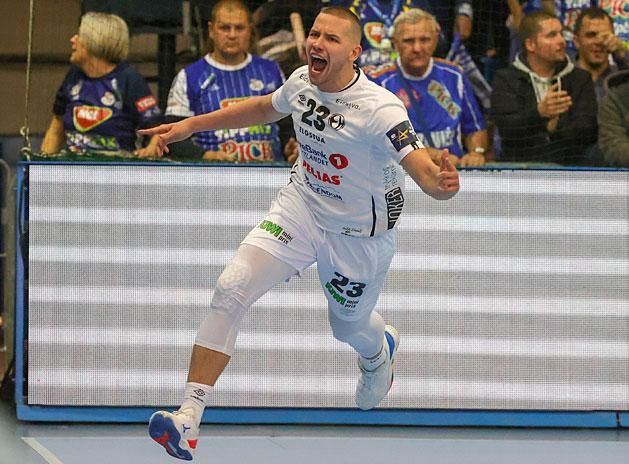
| Dominik Máthé was still a child at 19 years old when on January 17, 2019, he scored six goals and assisted three times as the "rookie" of the Hungarian men's handball team against four-time Olympic silver medalist, four-time World and European Champion Sweden at the Denmark-Germany joint World Championships. He did not want to sit on the bench in a European top team, so in the summer of 2020, he moved to the Champions League-winning Norwegian Elverum, in which he quickly became a key player. He picked up the Scandinavian rhythm relatively quickly, got used to daily fitness training, learned to defend and bravely take on one-on-one duels. Since then, not only is not shy on the court but is also confident talking in English in front of cameras. After Veszprém, Szeged also wanted Dominik Máthé, the now 22-year-old and a stable national team member; however, he resisted them until his childhood dream was fulfilled. In June 2021, he signed a two-year contract with the star-studded PSG of France, which he will join this summer from Elverum. His example proves that our young people can stand their ground abroad if they consciously build their careers, speak English well and are really determined and persistent.P. N. |
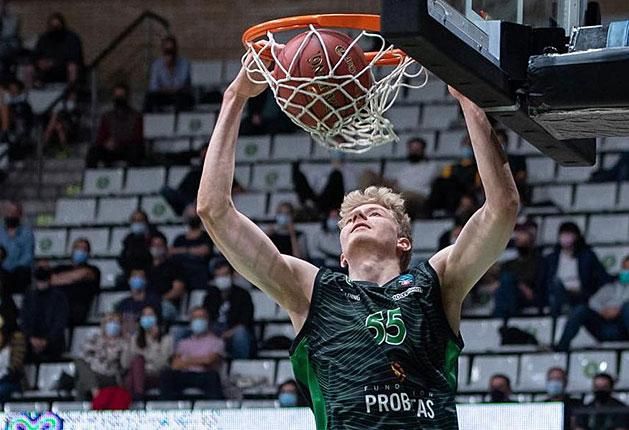
| Although Hungarian basketball's topflight is becoming more and more high-quality for both men and women (top-end in Europe), in recent years, several young athletes thought that it would help their careers if they tried to prevail in other countries of the old continent or even overseas. Zsombor Maronka, who joined Spanish Joventut Badalona at the age of 14 in 2016, is currently playing abroad. Now, at the age of 19, he can say that he has several ACB League and ULEB European Cup matches behind him, and he made his Hungarian national team debut in the World Cup qualifier against France in November. In the active rotation of Hungarian champion Falco KC Szombathely, we can find three players who played basketball abroad for years before returning home. The best known of them is national team center György Golomán (born in Körmend) who traveled to study and play in the United States in 2013 at the age of 17. After finishing college at UCLA, he also visited Japan and Belgium until he reappeared in Vas County this summer. Ádám Somogyi, the Hungarian national team point guard, came home to DEAC in 2019. The player who grew up at Vasas left for Spain in 2016 at the age of 16, and is still signed by a Spanish club, Burgos just loaned him to Falco. Benedek Kovács (b. 2001) played in Monaco between 2018 and 2020, and, like Maronka, made his debut in the second international series. Marcell Pongó, now 24 years old and a national team player, returned to Alba Fehérvár this year before spending six years in Germany. Bálint Mócsán from Körmend spent four years in the United States, earned a degree in Psychology and played basketball in the NCAA. Dorka Juhász, who is currently in the States, is participating in one of the most prestigious college basketball programs, and is determined to make it to the WNBA with the help of Geno Auriemma, one of the best coaches in the world. None of the above-mentioned players can be said to have been upset by trying to build themselves beyond our borders. At the same time, 24-year-old Enikő Kuttor (who is now our journalist in the world of the Internet) took a slightly different path: in 2015, she went from Sopron to Duquesne University, from where she signed with ZTE NKK in 2019, then continued her career in Cegléd, finishing her professional career last season. F. GY. |
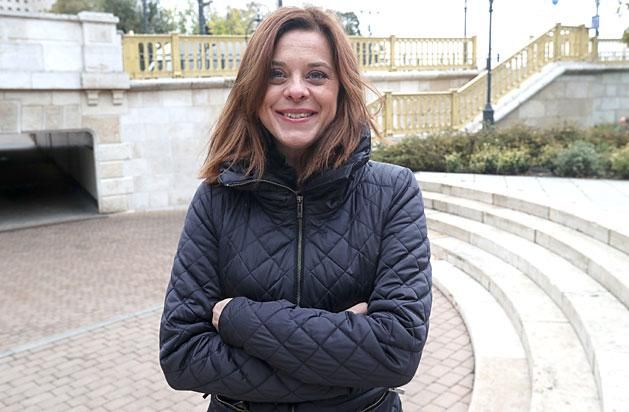
| "The most important thing for a young person could be adaptability when he or she goes abroad as a teenager. It does matter what kind of ties they have at home, what family they come from. An important factor is the environment where they go, and, of course, what kind of country their new home will be. Many people leave because of the more preparation opportunities, but for example, for most swimmers the possibility of learning and earning a U.S. scholarship is attractive. Therefore, they must make sacrifices, and they are willing to leave their social environment behind. Here, adaptation is important again, whether they can make friends or find anything else to hold onto in the new location. If someone returns home prematurely, it may not be a failure either, as they learn a lot from the time they spent there. Young athletes are also purposeful already, they know why and what they are doing - scholarships are a big motivation. In the case of doing sports abroad, sometimes the disappointment is that the conditions are not always better than in Hungary. Athletes start out in the new environment with hope and vision and compared to what they imagined at home, sometimes the actual experiences can be disappointing. Of course, this can happen within Hungary if one transfers from one club to another." |
Translated by Vanda Orosz
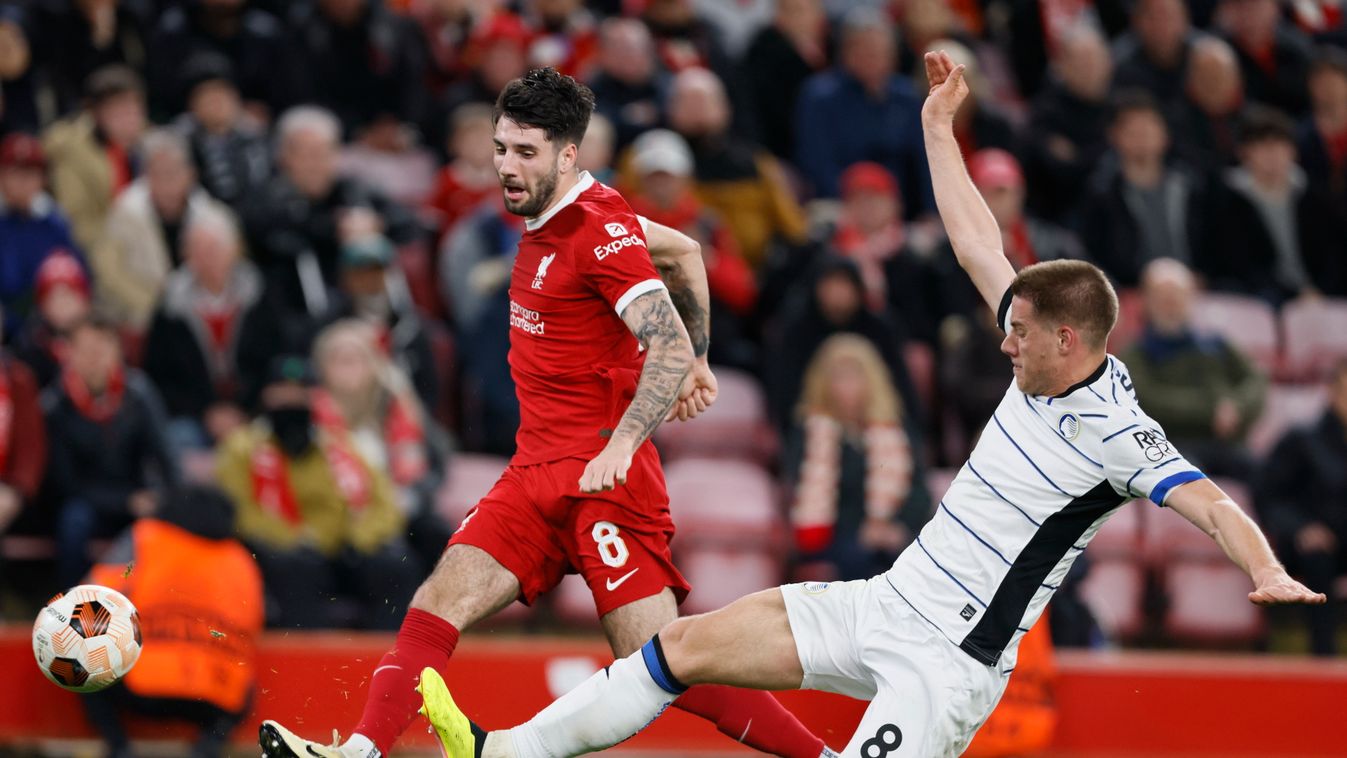
El: lehetetlen küldetés előtt a Liverpool
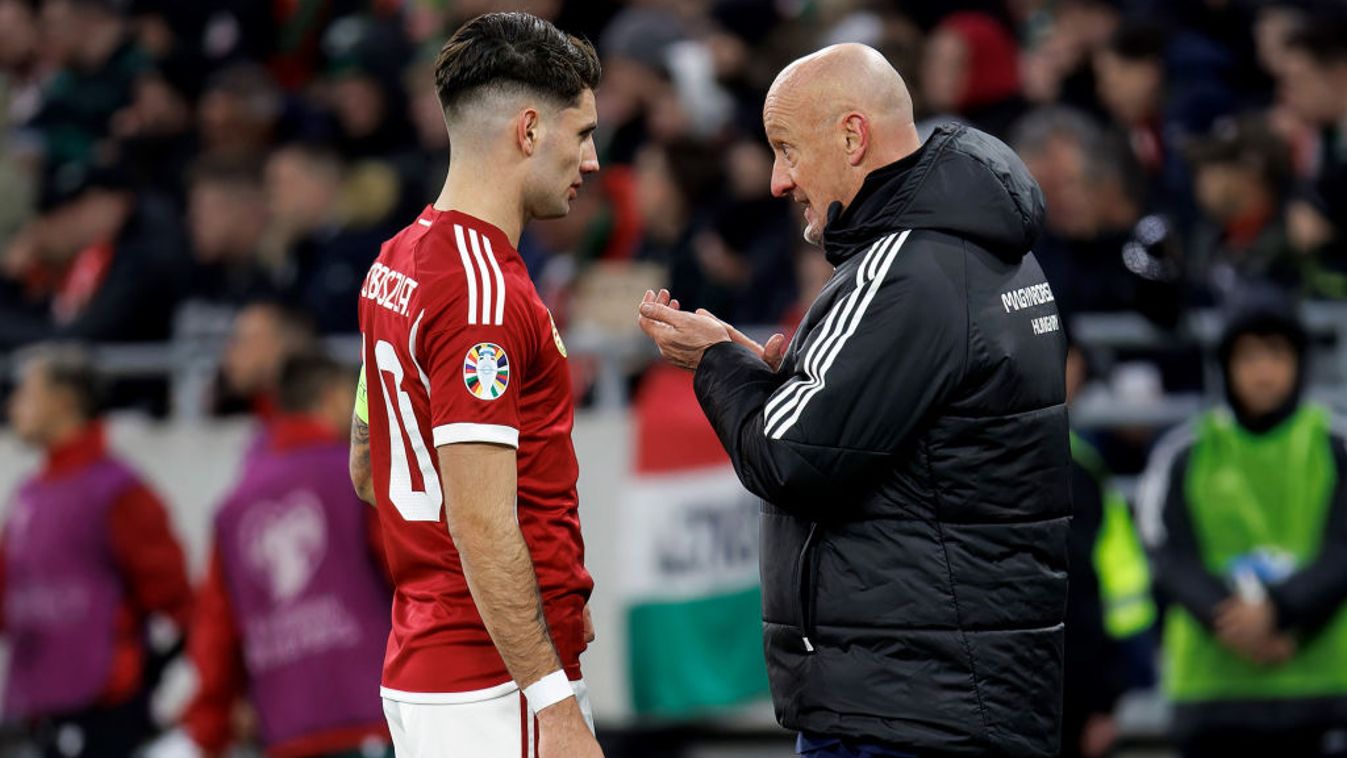
Marco Rossi: Szoboszlai sok szakértőt meglepett Angliában
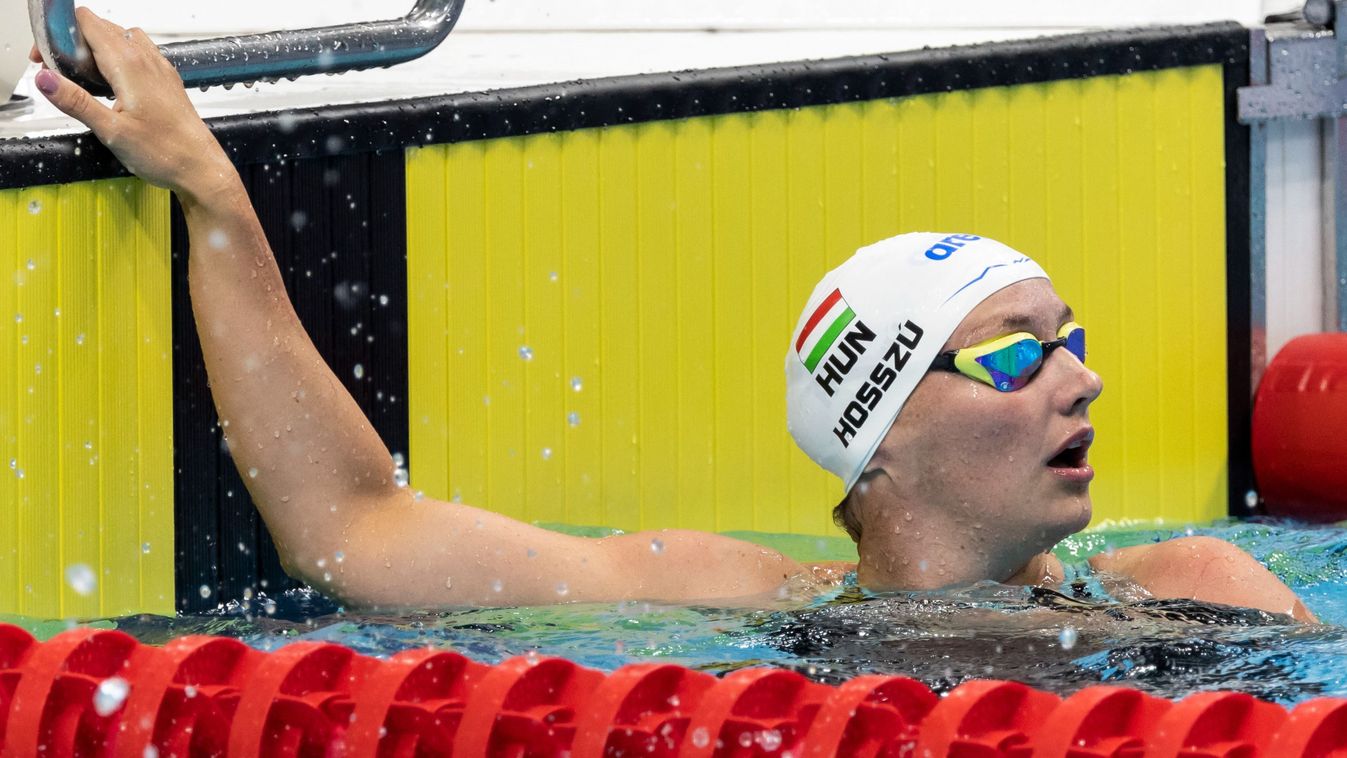
Hosszú Katinka nem fért be az Eb-csapatba

Hózentróger övvel – Malonyai Péter publicisztikája

Itt van Oroszország válasza Lengyelország atomfenyegetésére

Az amerikaiak szerint így lesz vége a háborúnak

"Félünk" – Aggasztó jeleket vettek észre Lajos hercegen, egyre jobban hasonlít Harryre?

Új üzemanyagárak: megtörte a kereskedőket a kormány fenyegetése – szerdától sokkal olcsóbb adják a dízelt

Mennyire vagy művelt? 10 emberből 9 nem tudja ezeknek a szavaknak a jelentését

Indul a kijárási tilalom a franciáknál

Hatalmas veszélybe kerültek Ördög Nóráék

Meghalt a színészként is sztárrá vált legendás focista

Óriási sportélmény és show lesz a kanadai hokiválogatott budapesti meccse - videó

Az UEFA megnevezte a nyári Európa-bajnokságon dolgozó 19 játékvezetőt

FTC: hazatérhet a négyszeres magyar bajnok védő – sajtóhír


